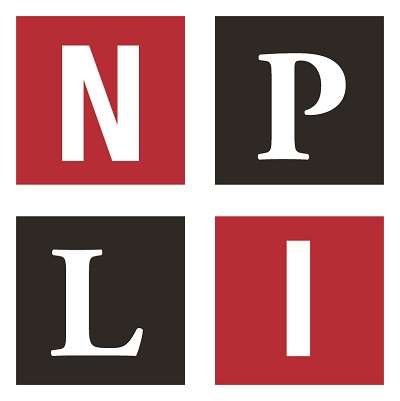 The National Preparedness Leadership Initiative (NPLI) at Harvard University is a prominent crisis leadership training and research programme dedicated to improving leader skill-sets in the public, private and non-profit sectors to handle crisis and significant change.
The National Preparedness Leadership Initiative (NPLI) at Harvard University is a prominent crisis leadership training and research programme dedicated to improving leader skill-sets in the public, private and non-profit sectors to handle crisis and significant change.
Founded in 2003, the NPLI has trained more than 10,000 leaders and aspiring leaders in 95 agencies and 16 countries. Its tools and techniques are used by top leaders around the world. Leaders come to the NPLI for training from federal, state, and local government agencies as well as in private and non-profit organisations. It offers residential and online training programmes to fit one’s needs.
Working in collaboration with key government, private and non-profit agencies, the NPLI helps to ensure that today’s unprecedented challenges are met with uncommon leadership and it encourages connectivity across all sectors.
The mission
The NPLI equips leaders with the skills, knowledge, and abilities required to effectively lead through crisis and change in the 21st century.
To achieve its mission it addresses four primary goals:
-
To prepare, teach and engage global, national, regional and local leaders to cross geographic and organisational boundaries to prepare for, respond to, and recover from adverse events both natural and man-made;
-
To provide a forum for convening diverse leaders to tackle complex system challenges and improve preparedness;
-
To establish an institutional base to conduct qualitative and quantitative research, which will help equip leaders with new tools to address rapidly evolving challenges;
-
To develop and identify Harvard faculty and NPLI graduates who can reach out to officials at all levels of government as well as the private and non-profit sectors providing advice and insight relative to critical leadership challenges.
By design, the NPLI is a multi-agency, multi-sector programme designed to foster connectivity across the many entities involved in major incidents. Our leadership development programmes are built on the framework and practice method of
Meta-Leadership that combines conceptual rigour with pragmatic insights developed through field research on events including natural and man-made disasters.
NPLI research is conducted by embedding with leaders in the field during the midst of high-stakes events and interviewing them after incidents. Faculty have been on the ground during or in the aftermath of events from Hurricane Katrina to the H1N1 pandemic, the Deepwater Horizon oil spill, the Boston Marathon bombing response, Hurricane Harvey and more. In each incident, the intent of faculty is to discover and distil enduring principles that can be used to teach future generations of leaders. The output of these activities includes peer-reviewed articles, short, lessons-learned case histories, white papers and teaching cases.
The NPLI is a joint programme of the Harvard TH Chan School of Public Health’s Division of Policy Translation and Leadership Development and the Harvard Kennedy School’s Center for Public Leadership.